Here is the house to hold me — cradle of all the race;
Here is the House enclosing, the dear-loved dwelling place;
Why should I ever weary for aught that I find not here?
Here for the hours of the day and the hours of the night;
Bound with the bands of Duty, rivetted tight;
Duty older than Adam — Duty that saw
Acceptance utter and hopeless in the eyes of the serving squaw.
Food and the serving of food — that is my daylong care;
What and when we shall eat, what and how we shall wear;
Soiling and cleaning of things — that is my task in the main —
Soil them and clean them and soil them — soil them and clean them again.
To work at my trade by the dozen and never a trade to know;
To plan like a Chinese puzzle — fitting and changing so;
To think of a thousand details, each in a thousand ways;
For my own immediate people and a possible love and praise.
My mind is trodden in circles, tiresome, narrow and hard,
Useful, commonplace, private — simply a small back-yard;
And I the mother of Nations! — Blind their struggle and vain! —
I cover the earth with my children — each with a housewife's brain.


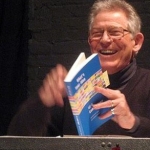
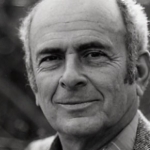
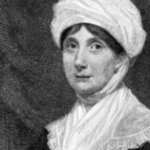
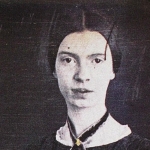
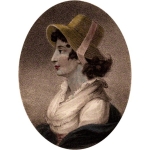
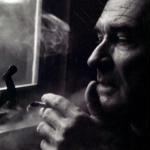


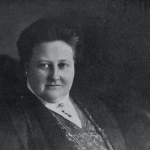


Comment form: